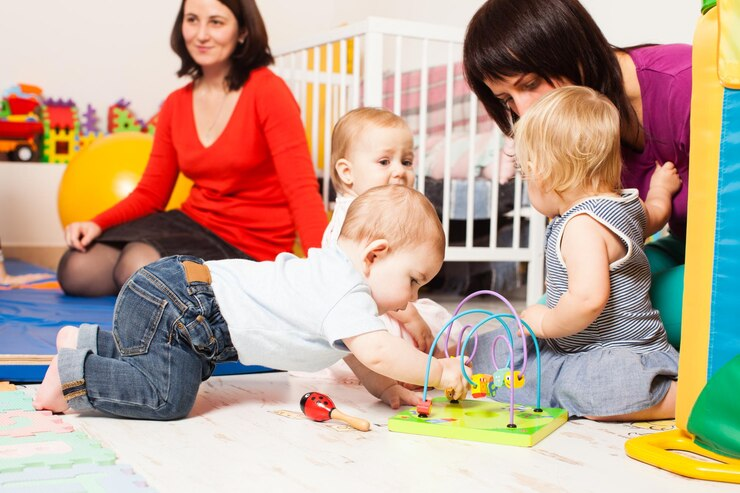The initial learning years in childhood are very important to a child’s development of the brain, and social and emotional well-being. Preschool learning programs can make a big difference in the preparedness and interest of children as they begin their schooling.
Not only do these programs encourage the child’s mind to develop, but they also help in improving social skills and the ability to communicate as well as solve problems. In this article, the reader will find various successful learning programs that help to prepare toddlers for school and equip parents with useful information and tools. To learn more, keep reading.
1. Early Literacy and Language Development
From the present study, it is evident that toddler preschool education especially when engaging toddlers in early literacy and language has a positive influence on the achievement of their educational goals in the future. Singing nursery rhymes, reading story books together, mimicking games, and other interactive sessions have enormous benefits of touching on vocabulary and comprehension levels amongst very young children. That is why, programs that are aimed at phonics and storytelling along with the interactive learning of language may also be helpful for further improvement of their linguistic skills.
2. Numeracy and Early Math Skills
These numeracy programs are designed for toddlers and they involve the key elements in teaching mathematics through interactions, explorations, and plays. By counting games, sorting activities, and simple puzzles, children manage to know various number sequences and shapes, different patterns, and even measurements. The goal of these programs is to ensure that students find the content of math interesting and embrace the classes in order to gain problem-solving skills.
3. Social and Emotional Development
Curriculum for learning at an early age also focuses on social and emotional development so that the child will be ready to interact with fellow children as well as teachers in the classroom. Social skills practices embrace the use of toys, games, and songs that enable toddlers to share, take turns, and learn about feelings enhancing toddlers’ optimism, interpersonal, and self-regulation. 4.
It is possible to follow common strategies which include such segments as storytelling, role-playing, and work in groups which increase collaboration and facilitate the development of emotional intelligence.
4. Fine Motor Skills and Creativity
Accompanying learning programs aimed at developing the child’s fine motor skills involve activities such as finger painting, playing with building blocks or construction sets, and modeling the clay or playdough. Besides, these manipulative activities help develop the hand-eye coordination of the toddler, while boosting creative imagination and spatial awareness.
5. Cognitive Development and Problem-Solving Abilities
Educational child development programs that target toddlers entail educating the children to make them develop curiosity. Cognitive skills corresponding to learning include solving ability, decision-making power and logical reasoning skills nourished by various kinds of puzzles, matching games, and simple experiments. They are curriculum-based programs that extend the child’s learning in an environment that is safe and stimulating by promoting exploration, investigation, and manipulation of objects to discover new ideas.
